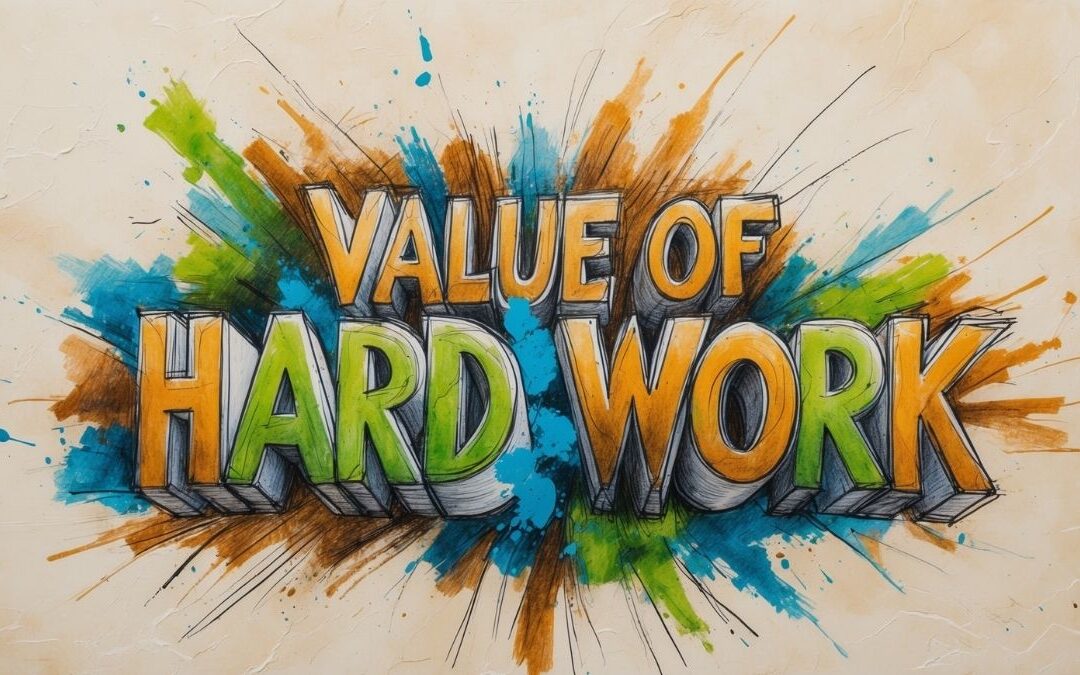The phrase “what goes around comes around” carries a sense of both inevitability and satisfying justice. It implies that our actions, whether good or bad, will eventually return to us, mirroring the energy we put out into the world. This concept is closely linked to the idea of karma – a cosmic force that delivers what we deserve. But just how true is this proverb, and when does it hold water?
The Power of Consequences
At the heart of “what goes around comes around” lies the very real idea of consequences. How we behave absolutely has an impact on our lives and our relationships. If we’re perpetually rude or unkind, people may avoid us, withdrawing their support and friendship. Conversely, if we cultivate generosity and compassion, we’re more likely to experience that kindness returned to us in some form.
There’s also a psychological component. When we believe our actions have repercussions, we’re more likely to make choices that align with the person we want to be. In this sense, the proverb is self-fulfilling, a motivator towards ethical behavior.
When “What Goes Around Comes Around” Breaks Down
Life, unfortunately, isn’t always fair. Sometimes, despite all our best intentions, bad things happen to good people. And sometimes, people who engage in harmful behavior seem to escape consequences, even thrive. These situations can challenge our faith in a system of cosmic justice. If “what goes around comes around” were a universal law, the world would feel a lot more predictable.
The reality is, chance, circumstance, and a whole host of complex factors beyond our control play a massive role in our lives. Holding onto the idea of a perfectly balanced karmic scorecard can sometimes lead to disappointment and even victim-blaming.
When the Proverb Still Holds Value
Despite its limitations, “what goes around comes around” carries enduring wisdom. Here’s why:
- Empowerment: This belief gives us a sense of agency. Rather than feeling like powerless victims of fate, it encourages us to take responsibility for our actions and focus on the energy we bring into the world.
- Comfort: There’s something deeply satisfying about witnessing someone who has caused harm facing a consequence. It reinforces our belief in a just world, even if that justice isn’t always perfectly executed.
- Hope: In difficult times, this proverb offers hope. If we’re struggling, it allows us to believe that with persistence and kindness, things might turn in our favor.
Using the Proverb Wisely
It’s important to be mindful of when this saying can do more harm than good. Rather than a weapon to gleefully use when someone stumbles, it’s most helpful as a personal reminder of our own choices. Expressing it during someone else’s misfortune can come across as insensitive and smug.
The Bottom Line
“What goes around comes around” isn’t about a perfectly balanced cosmic ledger, but about the enduring power of our choices and the ripples they create. It encourages us towards kindness, integrity, and the hope that while life is unpredictable, the values we embody greatly influence our own experiences.











0 Comments